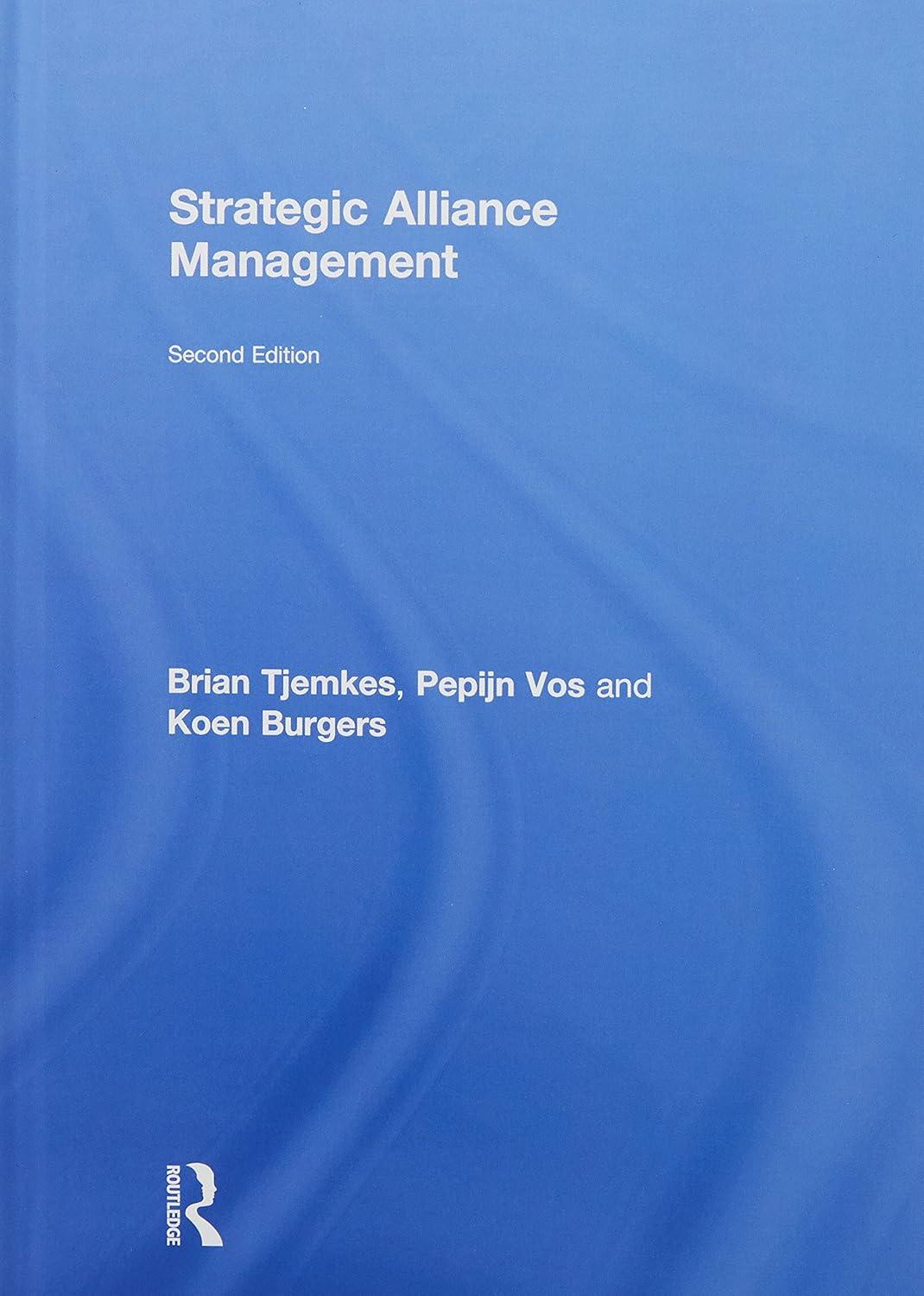Question
Tom and Henry were members of the International Brotherhood of Electrical Workers. Through the Collective Bargaining Agreement between the Union and the Denver Hilton Hotel,
Tom and Henry were members of the International Brotherhood of Electrical Workers. Through the Collective Bargaining Agreement between the Union and the Denver Hilton Hotel, they were afforded the right to sympathize with strikes called by other union. The agreement stated that the Company would not discipline or discharge employees for failing to cross picket lines in order to work.
On July 1, 2012, another Union, the Operating Engineers, called a strike against a company. Tom and Henry did not cross the picket line during the time of the strike. On July 12, the two heard that the dispute had been settled and the strike discontinued. They reported to work the next day, only to have the Chief Engineer tell them there were not scheduled to work that day, but to return at 8:00 the next morning. They did so, and were advised by the Companys Assistant Personnel Director that they had been permanently replaced. They received letters the next day formally informing them of the fact.
The Union argues that the two men were protected from such action by Article 13 (no discipline or discharge). The Companys choice to permanently replace the workers did indeed constitute a form of discipline. The Union pointed to prior instances of economic strikes and the Companys decision to not hire replacements as a precedent. Thus, based on previous actions and the Article 13 protection, the Company had unfairly discharged the employees.
The Company stated that the two employees in question had been neither discharged or disciplined. The Grievants had remained on the Company payroll even through the strike. The Company continued to pay insurance premiums and pension plan contributions for those sympathizing with the strike. The decision to permanently replace those works and put them on a preferential hiring list was one made because of necessity. In order to continue the operation of business without interruption, the Company found it necessary to hire new workers.
Questions:
Step by Step Solution
There are 3 Steps involved in it
Step: 1

Get Instant Access to Expert-Tailored Solutions
See step-by-step solutions with expert insights and AI powered tools for academic success
Step: 2

Step: 3

Ace Your Homework with AI
Get the answers you need in no time with our AI-driven, step-by-step assistance
Get Started


